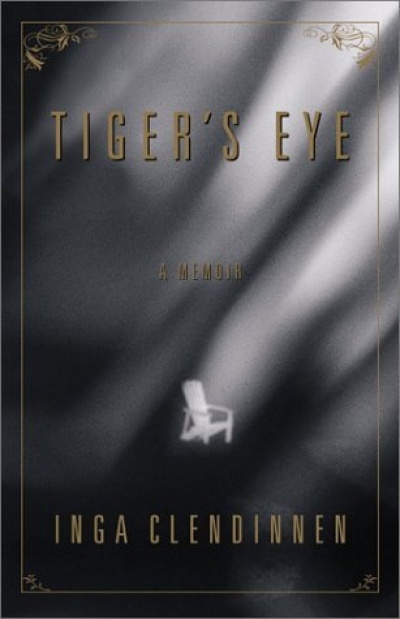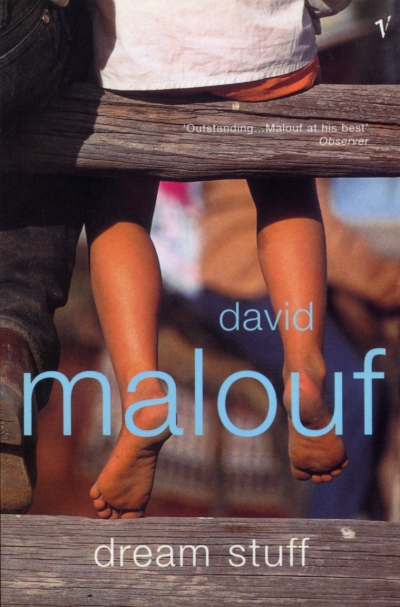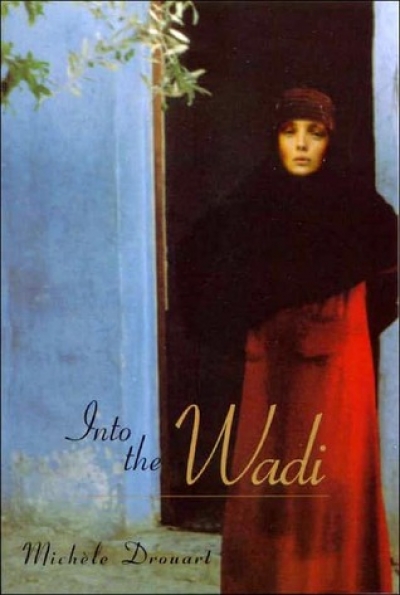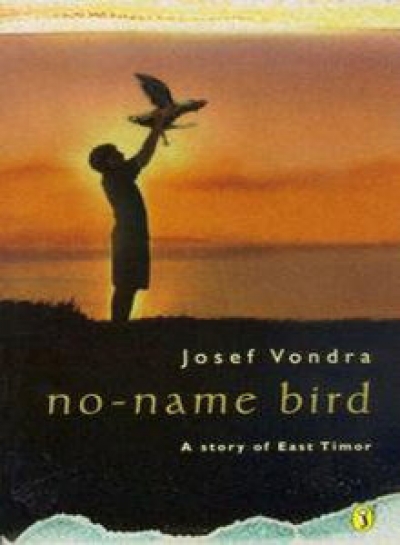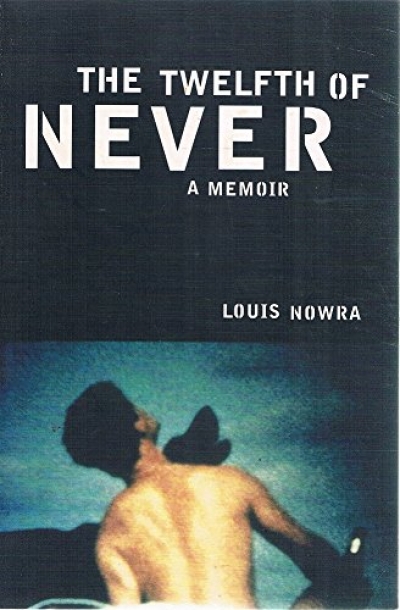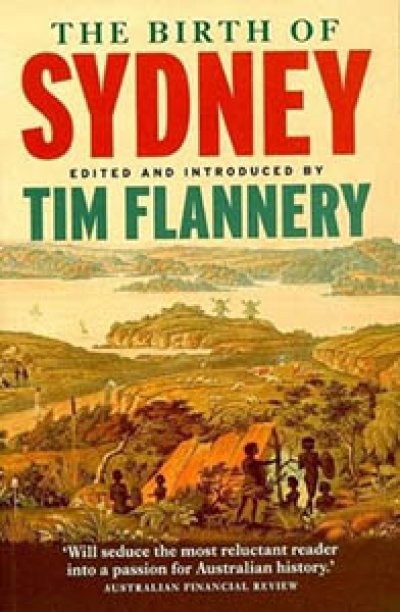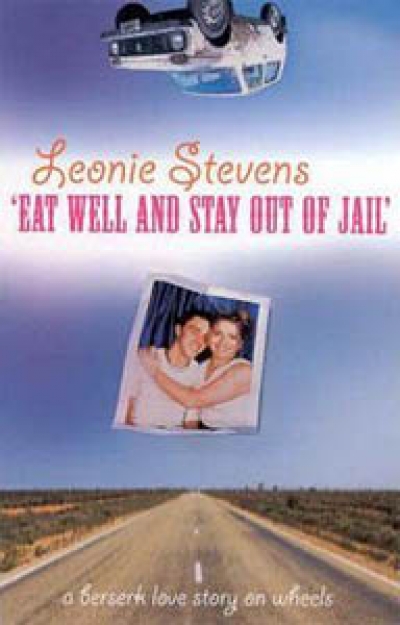Archive
A Symposium on the state of Australian Fiction with McKenzie Wark, Katharine England, and James Bradley ... (read more)
We should no longer marvel at the way art historians are forever finding yet another woman artist to rescue from undeserved obscurity. With Patricia R. McDonald’s tribute to Barbara Tribe we have the work of this eclectic Australian sculptor finally validated in a handsomely produced monograph.
... (read more)The Birth of Sydney edited by Tim Flannery & Buried Alive, Sydney 1788-92 by Jack Egan
by Robyn Annear •
Eat Well and Stay Out of Jail by Leonie Stevens & Perfect Skin by Nick Earls
by Linda Jaivin •


